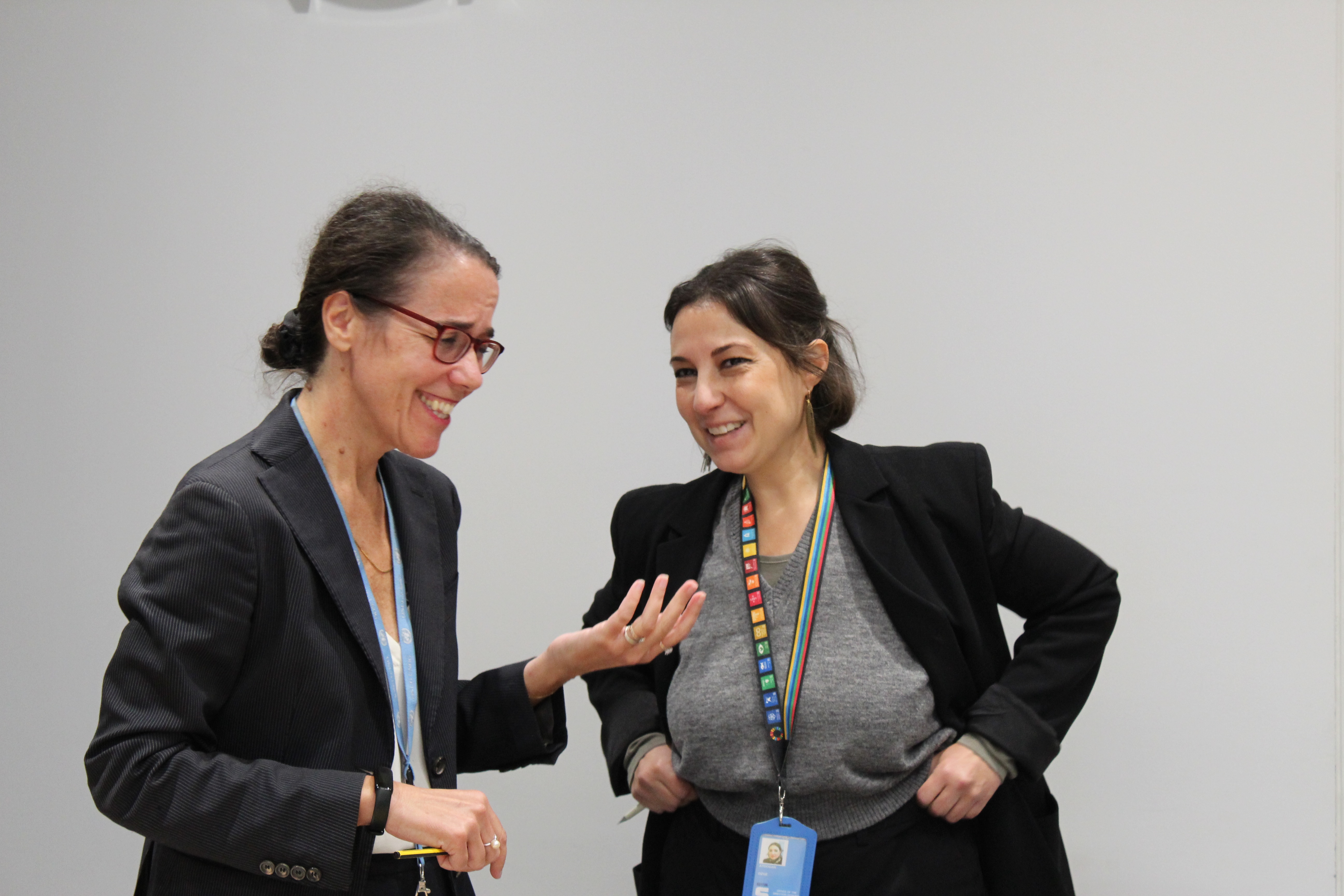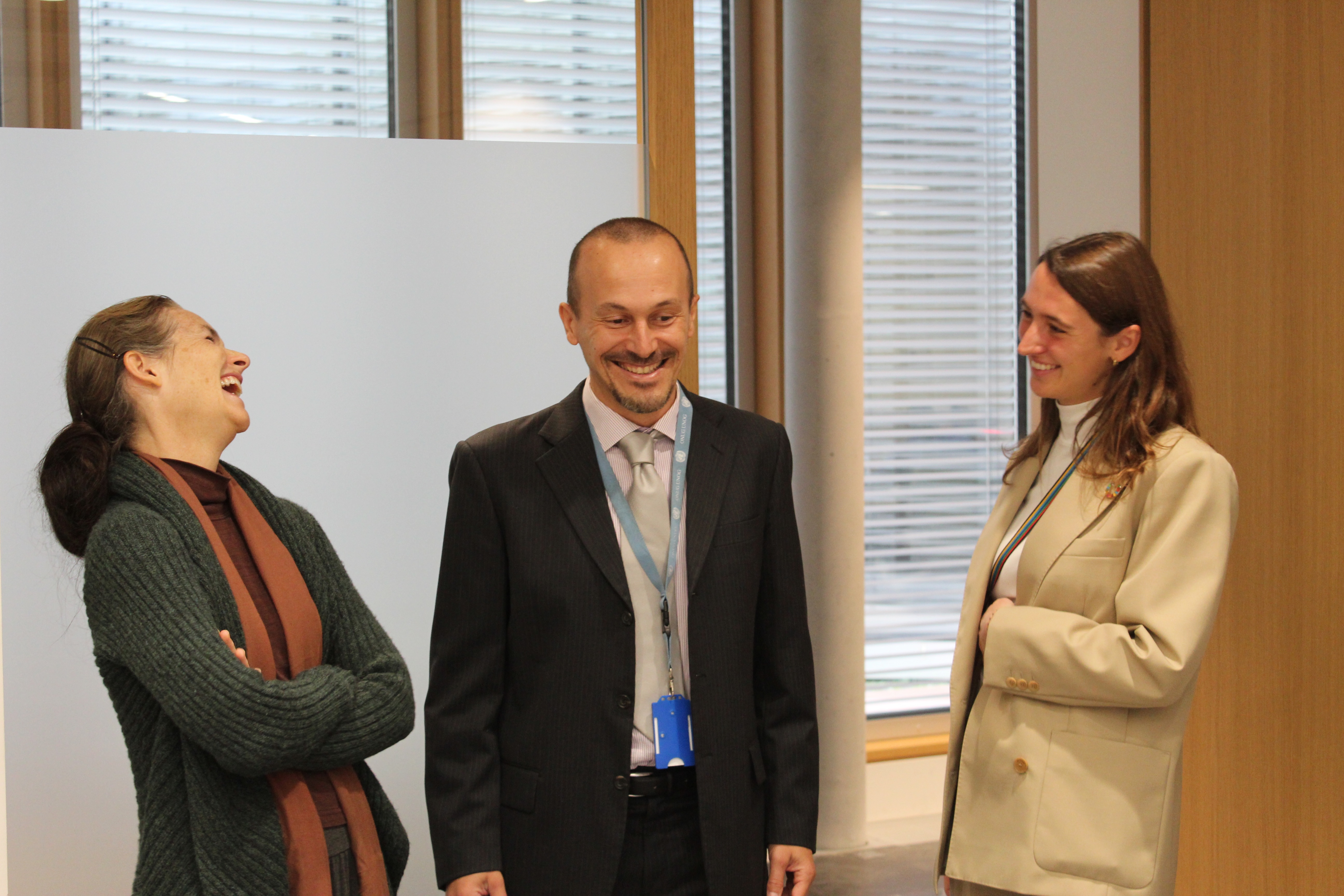10
October 2025
10
October 2025
Event Summary | Human Rights Economy Roundtable on Beyond GDP

Event Summary of the Human Rights Economy Roundtable on Beyond GDP contributing to the High-Level Expert Group on Beyond GDP
The Expert Roundtable “Embedding Human Rights in Metrics of Progress” was held on 8–9 October 2025 at the Palais des Nations in Geneva. It was organized by the Office of the High Commissioner for Human Rights (OHCHR), UNRISD, UNCTAD, Beyond Lab, and the UN Special Rapporteur on Extreme Poverty and Human Rights. The event contributed to the work of the High-Level Expert Group on Beyond GDP, focusing on integrating human rights principles into measures of societal progress. It was co-sponsored by Chile, Honduras, Mexico, Spain, and the Global Initiative for Economic, Social and Cultural Rights.
"GDP can record the destruction of a forest as a gain, while giving no value to its restoration," said Pedro Manuel Moreno, Deputy Secretary General of UNCTAD, setting the tone for a roundtable that challenged the very foundations of how we measure progress.
Nada Al-Nashif, UN Deputy High Commissioner for Human Rights, complemented this perspective by reminding participants that human rights are not only a moral compass but also actionable tools grounded in universally agreed legal obligations. She stressed that human rights indicators are essential for strengthening accountability and legitimacy in Beyond GDP metrics, especially when considering the rights of future generations. Her remarks reinforced the need for a rights-based approach to economic measurement that prioritizes equity and sustainability.
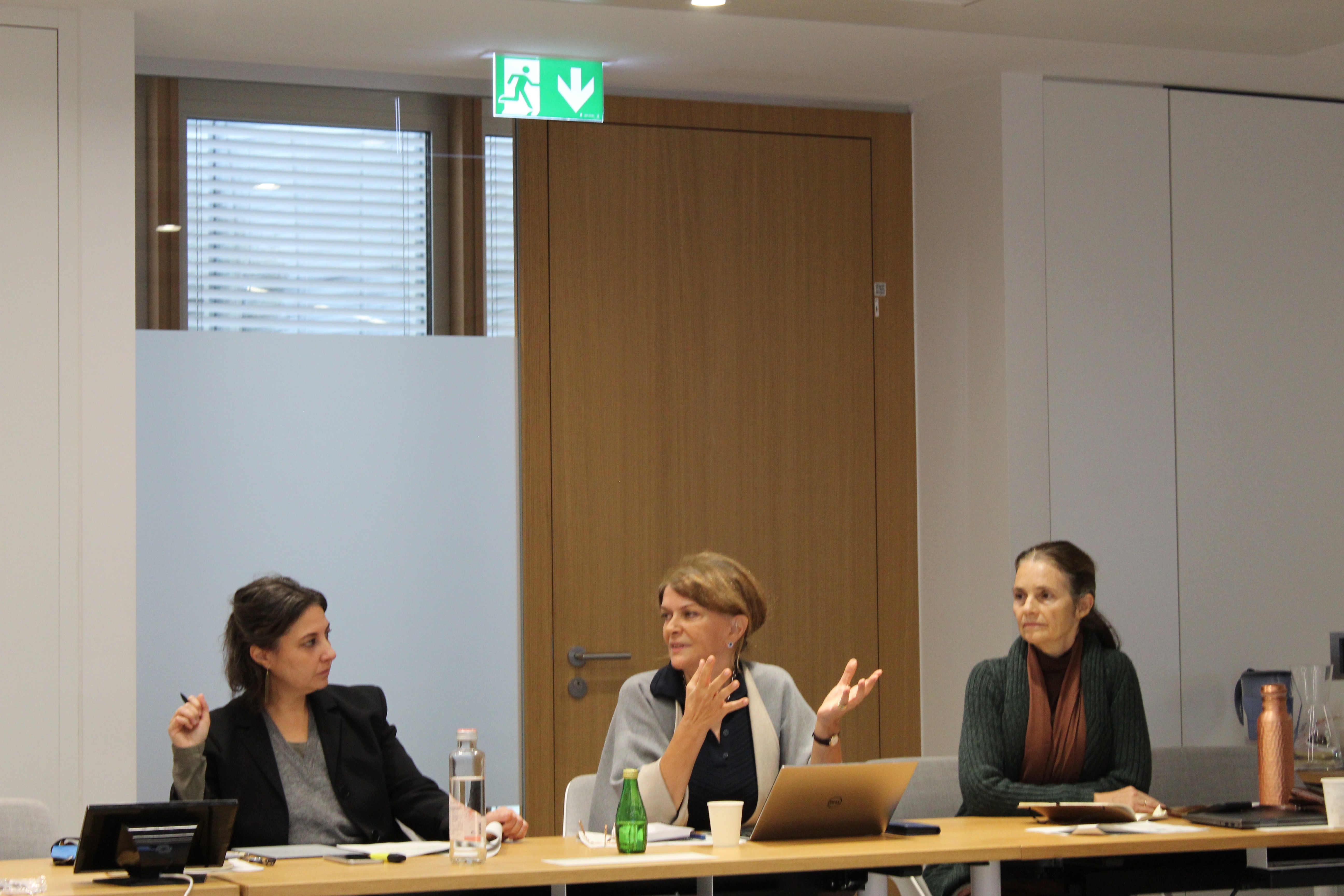
Subsequently, Özge Aydoğan, Director of the Beyond Lab, opened the first panel with a clear call: "We need to redesign economic systems to serve both people and planet." Moderating the panel "Beyond GDP: From Metrics to a Transformative Paradigm," she guided a conversation that was both visionary and grounded.
Member of the High-Level Expert Group, Naila Kabeer, introduced the High-Level Expert Group’s framework: well-being, inclusion and equity, and sustainability as well as framed the challenge of their work in defining a manageable number of indicators that reconcile universal applicability with local contexts. "GDP is about resources, while human rights are about how those resources are used," she reminded us.
Rania Antonopoulos, Director of the Gender Equality, and the Economy Program at the Levy Economics Institute of Bard College in New York, urged a shift from profit-maximization to care-centered economies, proposing job guarantees and new fiscal metrics. "Imagine if we treated debt servicing thresholds like poverty lines," she said.
Sabina Alkire, Director of the Oxford Poverty and Human Development Initiative, argued for indicators that are "clear, multidimensional, and standard-focused" and showcased Bhutan’s multidimensional well-being index as an example.
Sandrine Dixson-Declève, Global Ambassador for The Club of Rome and Executive Chair of Earth4All, was unequivocal: "Beyond GDP is a human right." Her call for a paradigm shift resonated throughout the room.
Finally, Grieve Chelwa, Chair of the Department of Social Sciences and Associate Professor of Political Economy at The Africa Institute for the Global Studies University in Sharjah, brought a decolonial perspective, tracing GDP’s colonial roots and advocating for metrics that reflect Africa’s informal economies and lived realities.
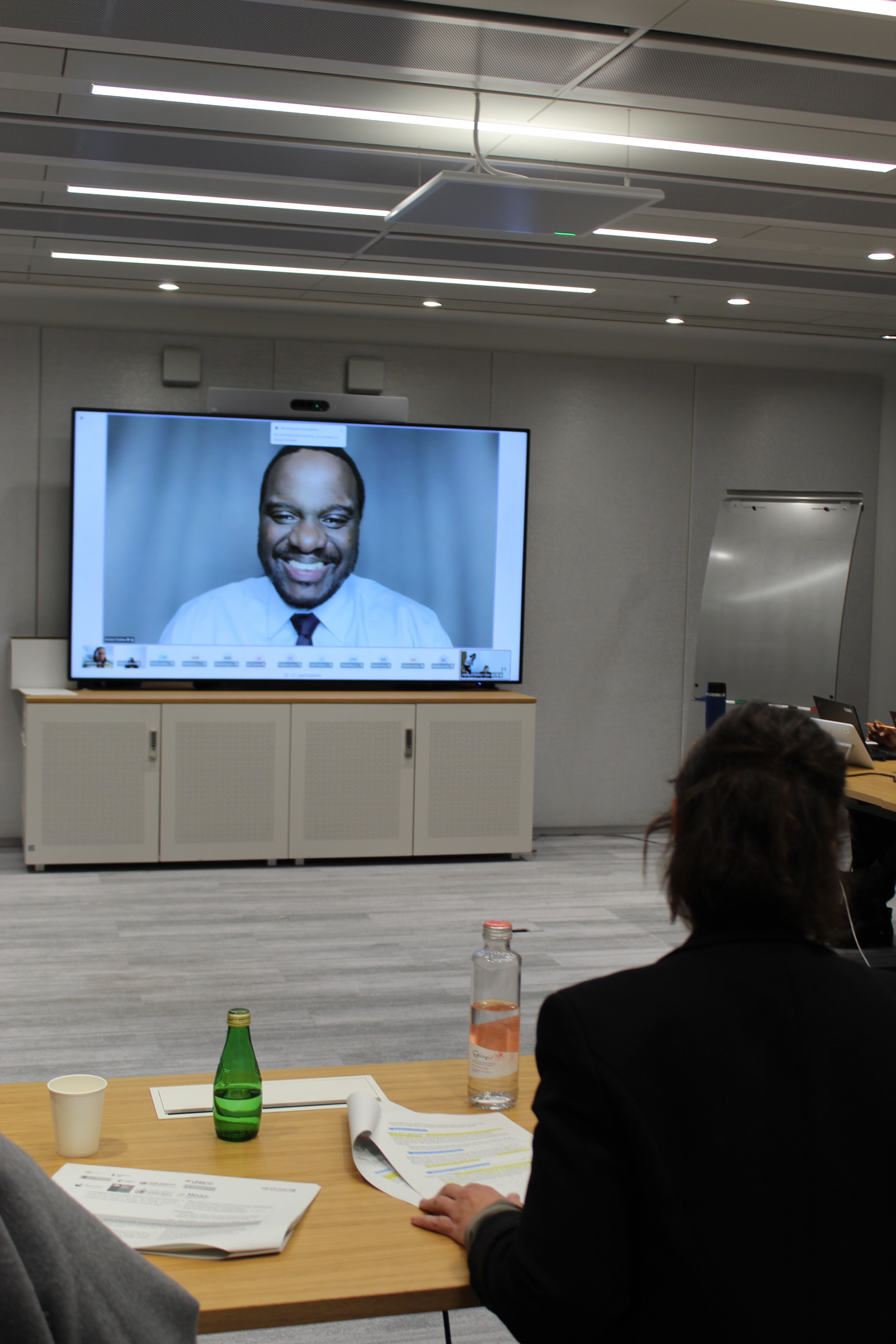
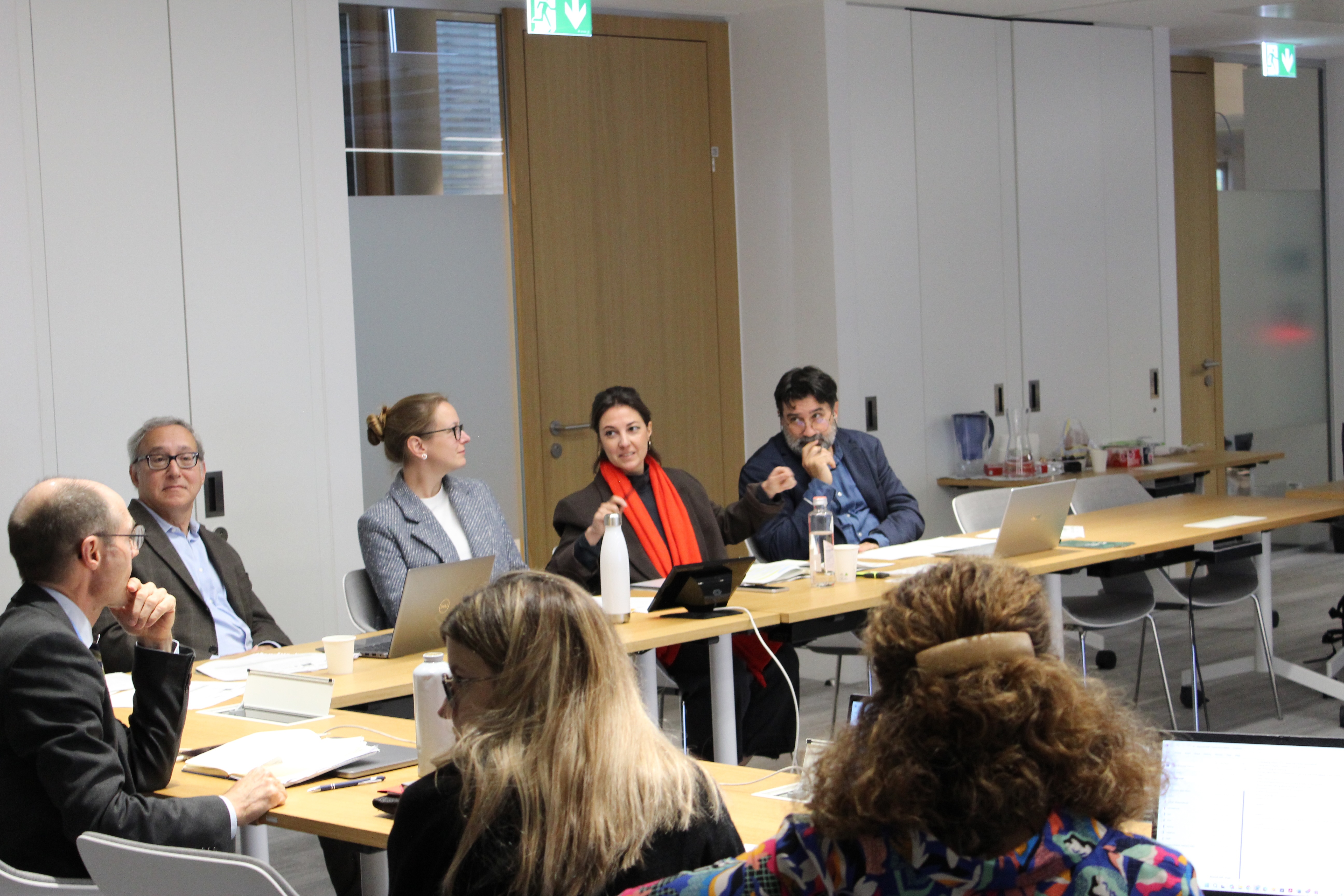
Day two began with Özge Aydoğan chairing the panel "From Metrics to Action: Implementing Beyond GDP Indicators", exploring how to make Beyond GDP real. Ms. Aydoğan urged participants to move "from ideas to implementation."
Liva Stokenberga, Senior Advisor to the Director and Policy Analyst at the OECD Centre for Well-being, Inclusion, Sustainability and Equal Opportunity, laid out four principles: multidimensionality, equity, outcomes-focus, and long-term vision. "Policies must be sensitive to long-term impacts," she stated.
Mario Biggeri, Professor at the University of Florence, introduced the SPES framework, blending human rights, SDGs, and the capability approach. "We must win together," he said, likening the movement to a river fed by many streams.
Richard Saman, Senior Fellow at the Geneva Graduate Institute, proposed a dashboard of household living standards. "Economics must refocus on lived experience," he argued.
This discussion was complemented by Belinda Borck, Global Public Policy Lead at Tony’s Chocolonely, who offered a private-sector business perspective: "Profit becomes a means, not the end." Her company’s impact-first model showed that ethical business is not only possible: it’s profitable.
Gemma Parojinog, Director for Policy Linkages at the Commission for Human Rights at the Philippines Commission on Human Rights, highlighted how national human rights institutions use disaggregated data to shape policy. Furthermore, she pointed out how integrating human rights into progress measurement also involves addressing structural inequalities and vulnerabilities that GDP alone cannot reveal, such as the disproportionate effects of climate change on vulnerable groups.
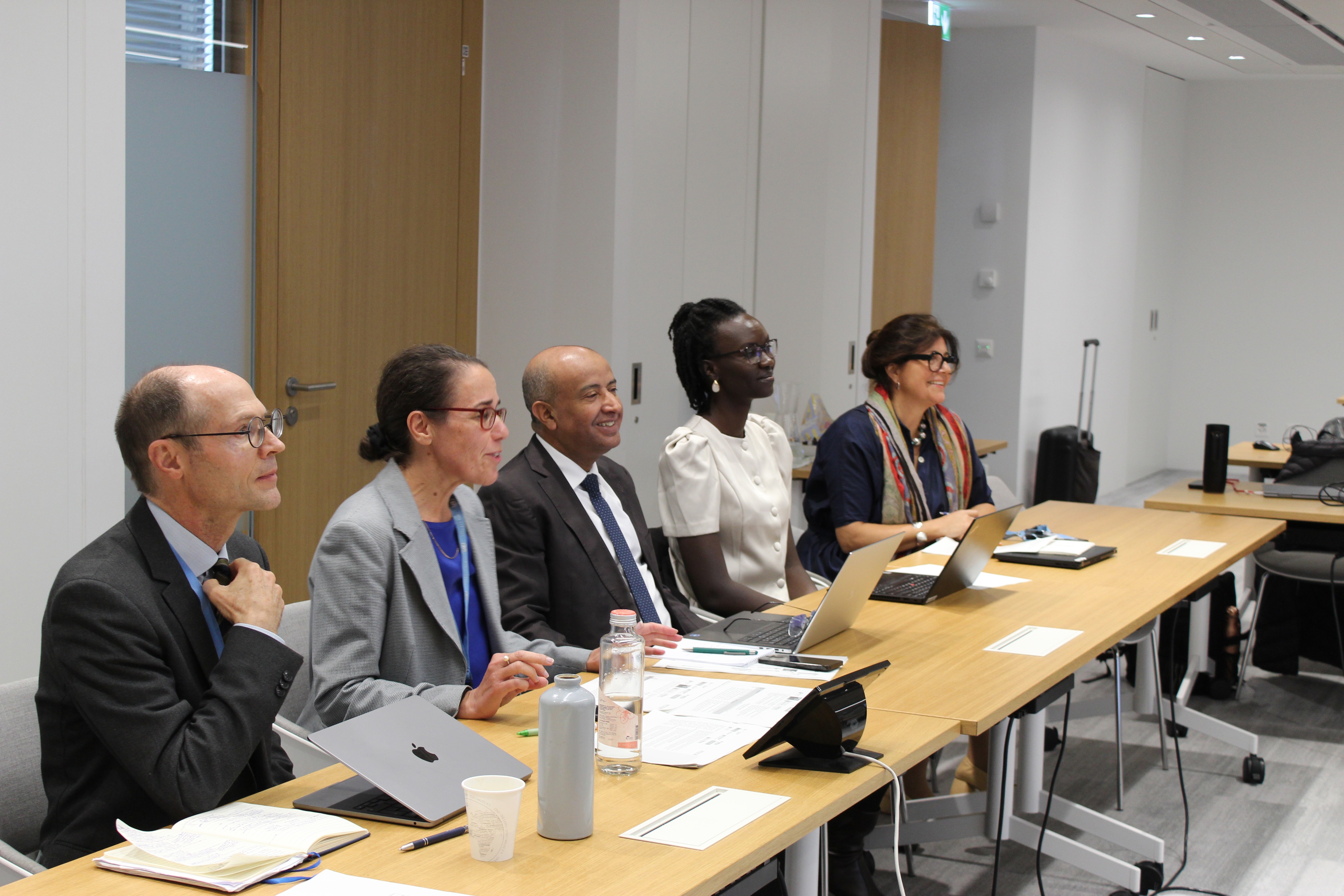
One of the most powerful and symbolic moments of the roundtable came when Bella Vicky Ato, representing the Youth Network on Beyond GDP, took the stage alongside distinguished experts including High-Level Expert Group Member Leonard Wantchekon, UN Special Rapporteur for Eradicating Poverty Olivier De Schutter, Director of OECD WISE Center Romina Boarini and Ayache Khellaf representing the government of Morocco. Her presence on the panel was not just symbolic; it marked a significant step toward institutionalizing intergenerational justice.
“The Beyond GDP agenda must make the future visible in today’s decisions," Ms. Ato declared.
She outlined four strategies: youth activism, policy integration, collective action, and embedding intergenerational equity. Her intervention was a clear reminder that youth are not just stakeholders but co-creators of the future.
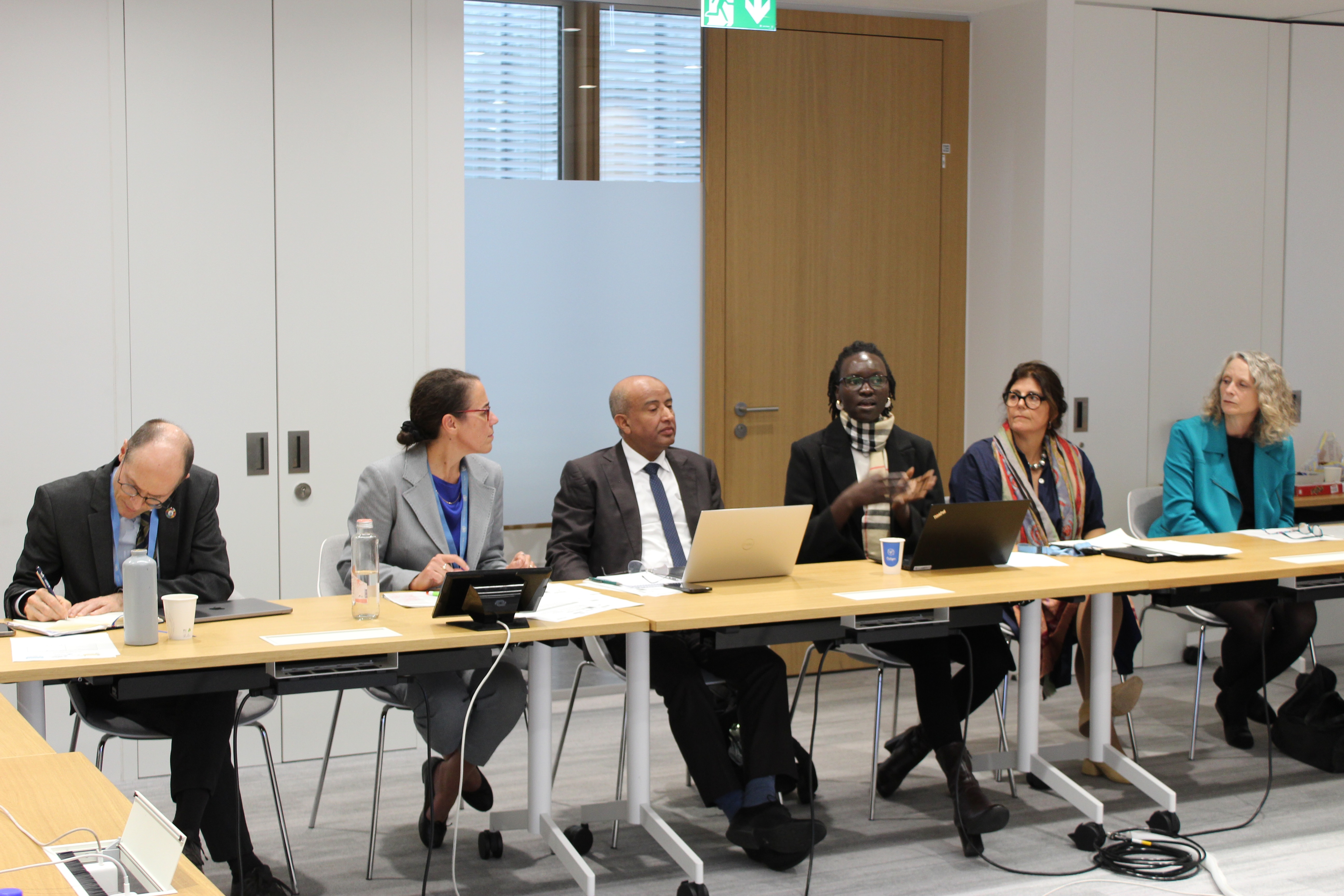
Ms. Ato’s intervention was echoed by Marta Pedrajas, Deputy Assistant Director, General Directorate of Sustainable Development Policies, Ministry of Foreign Affairs, Government of Spain, throughout the roundtable by reaffirming the importance of youth voices in shaping the future of development. She recalled the launch of the Youth Network on Beyond GDP at the official side event “Youth Moving Beyond GDP: Intergenerational Equity to Finance What We Value” during the 4th International Conference on Financing for Development (FfD4) in Sevilla, Spain, where young people from around the world reminded us that “today’s metrics shape tomorrow’s rights.” Ms. Pedrajas emphasized that if we only measure what we produce, we risk losing what truly matters: care, time, community, and nature. She underscored Spain’s commitment to intergenerational equity, noting that youth networks are not just participants but essential partners in reimagining progress. “You can count on us,” she affirmed, “we’re committed to working on what truly matters and to putting it into practice.”
In his panel, Enrico Giovannini, as a member of the HLEG, emphasized that intergenerational justice must be a cornerstone of any framework that seeks to go beyond GDP. He argued that new metrics must be designed to measure not only economic output but also human well-being, social progress, and sustainability, ensuring that the rights and opportunities of future generations are not sacrificed for short-term gains. Giovannini called for dedicated attention from global institutions to embed these principles into policy and planning, reinforcing the urgency of long-term thinking in economic governance.
Sophie Howe, former Future Generations Commissioner for Wales, delivered a compelling reflection on the importance of embedding long-term thinking into governance. Drawing from her experience with Wales’ Well-being of Future Generations Act, she emphasized how legally mandating public bodies to consider the impact of their decisions on future generations can shift institutional behaviour. Her intervention served as a powerful example of how intergenerational equity can be operationalized through legislation and policy design.
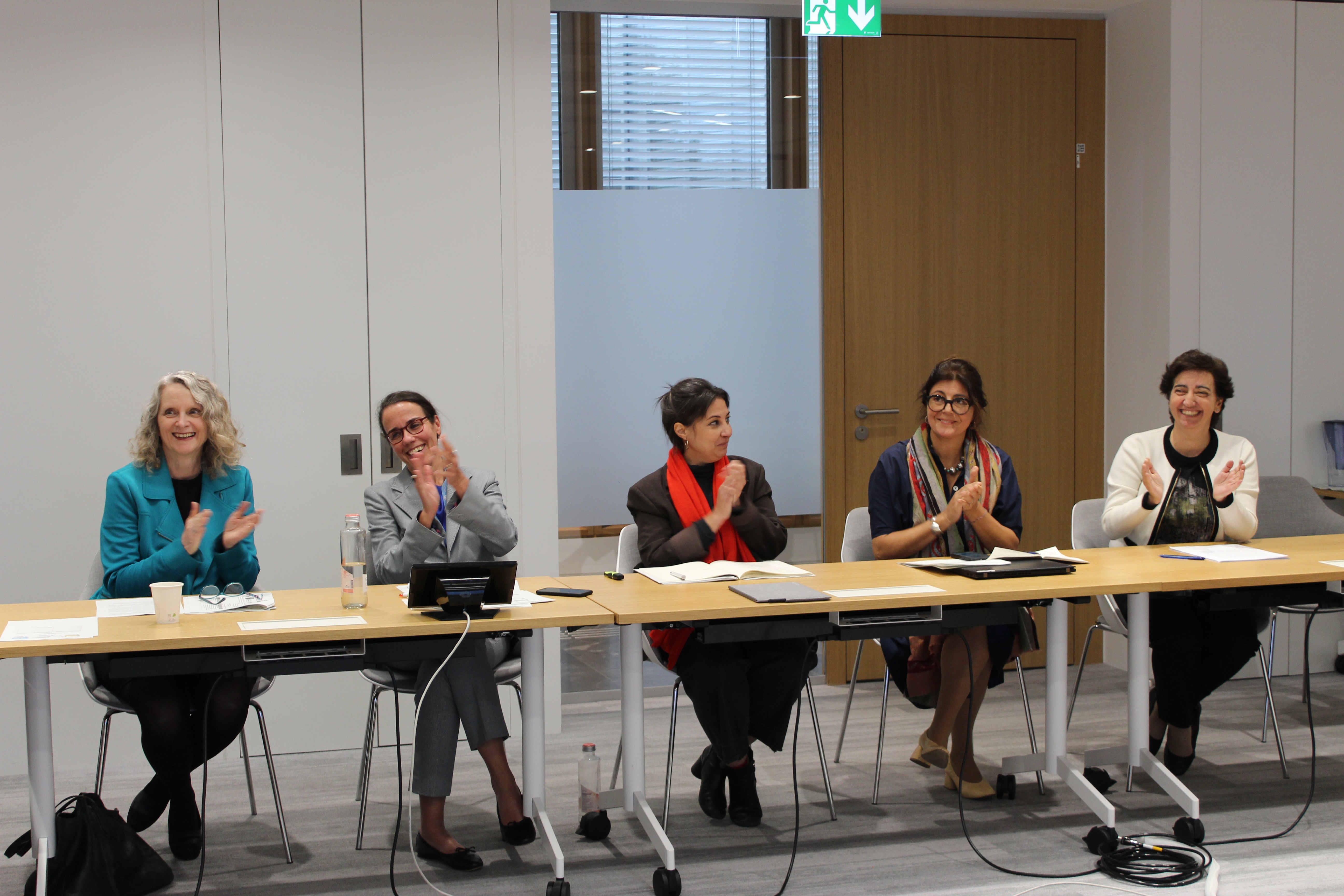
Özge Aydoğan closed with a metaphor: "Systems aren’t set in stone. We can move beyond them." Her words captured the spirit of the roundtable: a movement, a river, a collective call to action.
Peggy Hicks, Director of the Thematic Engagement Special Procedures and Right to Development Division in the Office of the United Nations High Commissioner for Human Rights, Magdalena Sepúlveda, Director of the United Nations Research Institute for Social Development, and Marta Pedrajas (Government of Spain) joined Ms. Aydoğan in calling for coherence, hope, and collective action in their respective closing remarks. The Global Alliance on Beyond GDP, launched in Sevilla, was highlighted as a platform to unify efforts and drive policy change.
The Beyond Lab remains committed to advancing this agenda through design, dialogue, and action. As Ms. Aydoğan concluded, "Hope is not passive. It’s a call to be agents of change."
We also want to thank everyone in attendance for their incredible contributions to the roundtable and to creating such a collaborative and community-driven atmosphere.
More details available through the event's main organizer, the UN High Commissioner for Human Rights (OHCHR): More than GDP: Measuring what really matters for people and rights | OHCHR
